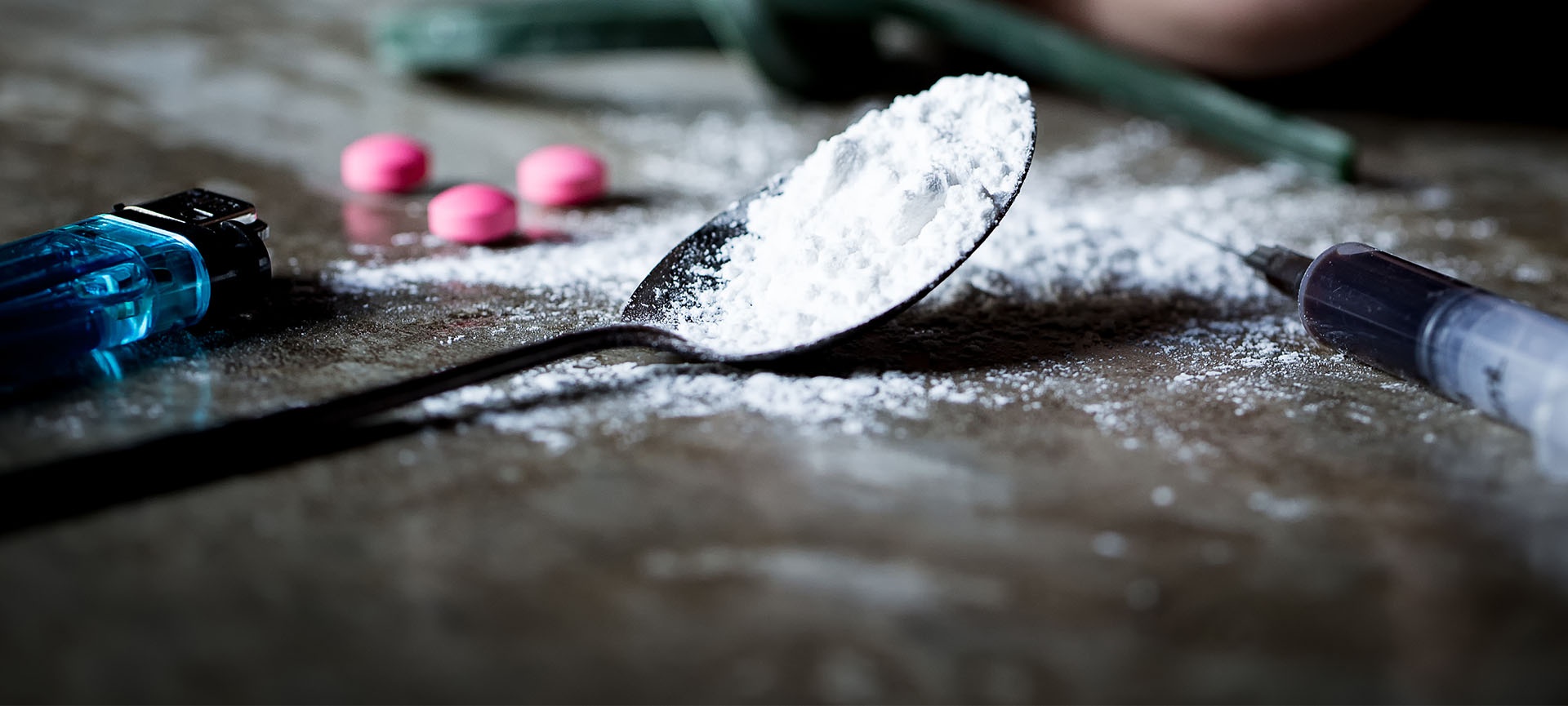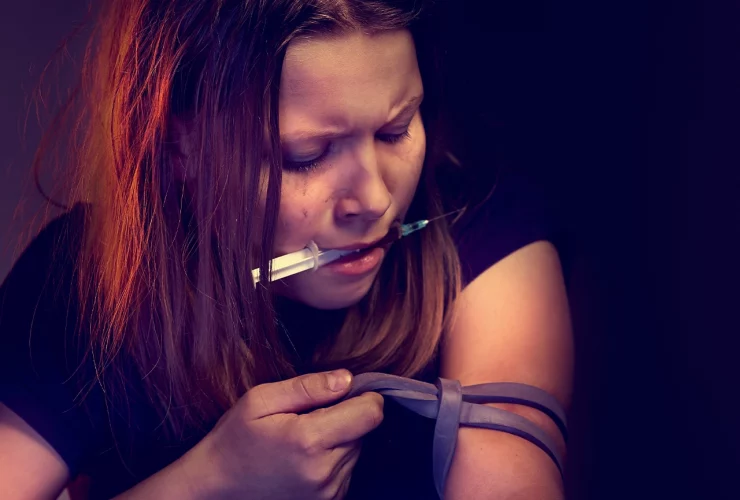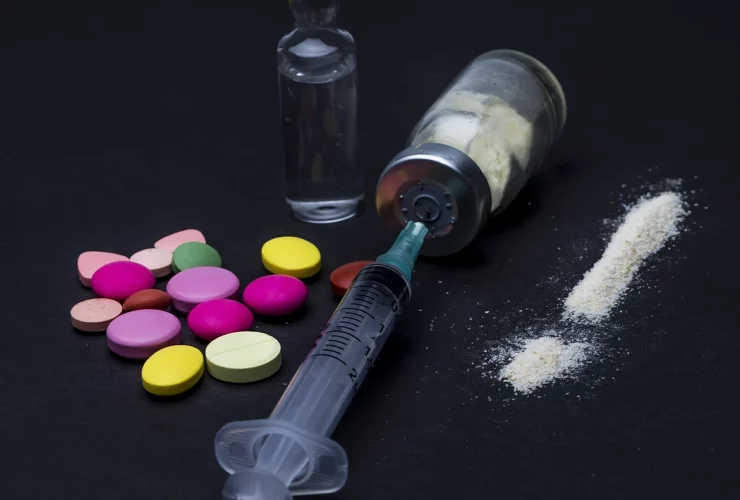How Family and Friends Can Support a Loved One’s Journey to Heroin Recovery
When a loved one struggles with heroin addiction, it can feel like the most helpless and heart-wrenching situation. Your role in their recovery journey may seem limited.
But providing an encouraging and supportive environment at home or among friends and family is crucial to helping them work through their struggles.
If you have someone close to you going through heroin recovery, you can offer meaningful support on their healing path in many ways. Read on to learn more about how best to show your love and support for a friend or relative facing this difficult issue.
Understanding Heroin Abuse and Addiction
Heroin abuse and addiction are serious public health issues that affect individuals, families, and communities. Understanding the nature of heroin abuse and addiction is essential to developing effective strategies for prevention and treatment. Heroin is a highly addictive opioid derived from morphine, a natural substance extracted from the opium poppy plant.
It’s typically injected, smoked, or snorted for its euphoric effects. Heroin abuse has a range of negative consequences that can impact an individual’s physical and mental health, social functioning, and overall quality of life. Through education and awareness, we can work towards reducing the harms associated with heroin abuse and addiction.
What Can Family and Friends Do to Help in the Process of Recovery?
Here are a few practical suggestions on how you can help:
Education
Educate yourself about addiction and treatment options to understand what your loved one is going through and have meaningful conversations. Heroin rehab centres in Vancouver offer family programs you and your loved one can leverage. There, you’ll get firsthand information about heroin addiction from specialists with years of addiction treatment experience.
Be There for Moral Support
Although providing practical help is important, simply being there for moral support is also a major part of recovery. Show your loved one you care by setting aside time to talk openly and honestly about their struggles and progress.
Listen without judgment, offer encouragement, and let them know it’s okay to feel scared or overwhelmed. Remind them of their inner strength and resilience and that you believe in them even when times are tough.
Ultimately, having someone who is there for you unconditionally during such a difficult time can be incredibly reassuring.
Provide Encouragement and Accountability
It can be easy to slip back into old habits, so your loved one must feel supported and held accountable. Offer positive reinforcement when they make steps in the right direction and are working hard to maintain sobriety.
Encourage your loved one to seek community support, such as 12-step programs or peer support groups. When necessary, provide gentle reminders about why recovery is worth fighting for and help them stay focused on long-term goals.
Celebrate small successes along the way, and remind them how far they have come in their recovery journey.
Offer Practical Assistance
On top of emotional support, offering practical assistance can help in the heroin recovery process. This could include helping with daily grocery shopping, running errands, or providing transportation to appointments. It can also involve aiding in financial matters and advocating for your loved one when necessary.
Ultimately, having someone lend a hand during challenging times can be incredibly helpful in keeping your loved one focused on their recovery.
Related Article: Understanding Heroin Addiction: what it is, how it works, and why it’s so hard to quit
Tips for Building a Support Network
Having a strong support network is essential for anyone on their recovery journey. Here are some tips to help build and maintain that support:
- Connect with your local community resources, such as counselling centers and drug abuse programs
- Reach out to family and friends who understand what you’re going through
- Join online forums or social media groups dedicated to recovery and addiction
- Attend support group meetings (e.g. 12-step programs)
- Consider a sober coach or mentor who can provide guidance and support
Connecting with family and friends, building meaningful relationships in recovery, and understanding your resources are all key components of the recovery journey. With a little effort and understanding, you can make a difference in the life of someone struggling with heroin addiction.
Different Types of Treatment Options for Heori
There are numerous treatment options available for those seeking help with heroin addiction.
Depending on the individual’s needs, different therapies and medications may be recommended to achieve long-term recovery.
These include:
- Inpatient Rehabilitation – an intensive, residential program designed to provide a safe environment away from triggers
- Outpatient Counseling – individual or group counselling sessions that focus on addiction recovery
- Medication-Assisted Treatment – the use of FDA-approved medication to help reduce cravings and withdrawal symptoms
- Detox from heroin – medically supervised detoxification process that helps the body rid itself of drug residue
- Cognitive Behavioral Therapy – a type of therapy that helps individuals recognize, avoid, and cope with triggers to build healthier behaviours
- 12-Step Programs – self-help recovery programs that provide social support and guidance
- Holistic Therapy – alternative therapies such as yoga, meditation, art therapy, music therapy, and more
How to Find Resources for Heroin Addiction Treatment?
Finding the right resources for treatment can be challenging. Several organizations and websites are dedicated to helping individuals find help with heroin addiction. Here are some tips on how to locate the best resources:
- Talk to your primary care provider about what options may be available in your area
- Contact your insurance company or state health department to find out what services are covered
- Search online for addiction treatment centers in your area
- Ask family and friends if they know of any local resources or support groups
- Reach out to organizations like the Substance Abuse and Mental Health Services Administration (SAMHSA) or The National Council on Alcoholism and Drug Dependence (NCADD) for more information
Ultimately, having a plan in place for recovery is the best way to ensure success. With the right resources and support, individuals can be on their way to achieving long-term sobriety.
Remember, you’re not alone. Numerous resources are available to help individuals struggling with heroin addiction find the help they need.
How to Help Prevent Relapse
Relapse is a common occurrence in recovery, but there are ways to prevent it. Here are some tips to avoid relapse and stay on track:
- Develop coping strategies for cravings
- Avoid people and places associated with drug use
- Establish healthy lifestyle habits such as exercising and eating right
- Attend support groups or meetings regularly
- Have an emergency plan in place if cravings become overwhelming?
- Find activities that help you relax and keep busy
- Stay connected with your support system
Everyone’s recovery journey is different, and it’s important to remember that relapse is a normal part of the process. With the right support and resources, individuals can stay on track with their heroin recovery plans.
Related Article: Overcoming Addiction: The Role of Counseling and Support Groups
Final Thoughts
Heroin addiction is a serious issue requiring help from professionals to recover. It’s important to remember that long-term sobriety is achievable with the right combination of therapies, medications, and support systems.
Follow the tips described above to help your loved one on their recovery journey. You can also talk to our experienced heroin specialists at Inspire Change Wellness Centre. We’ll design an appropriate treatment plan to help your loved one find the help they need.






This article is very illuminating and practical in its approach to heroin addiction recovery, emphasizing the necessity of understanding addiction through education as well as offering various treatment options available. As someone who has firsthand witnessed addiction’s struggle within my family unit, I can attest that these tips for building support networks and providing practical assistance are extremely useful – reminding loved ones they are not alone when facing addiction is key in the recovery process.
Thank you so much for this piece; I know it will prove extremely beneficial for anyone seeking knowledge about the heroin addiction recovery process!
Thank you for contributing your insights to this important discussion. Recognizing its nature is important, and providing a supportive environment. Individuals should consult healthcare providers or addiction specialists regarding treatment options tailored specifically to their unique situation.
Knowing we helped you help your loved ones is all the more motivation to us in continuing sharing our knowledge! Don’t hesitate to reach out if you have any additional questions.